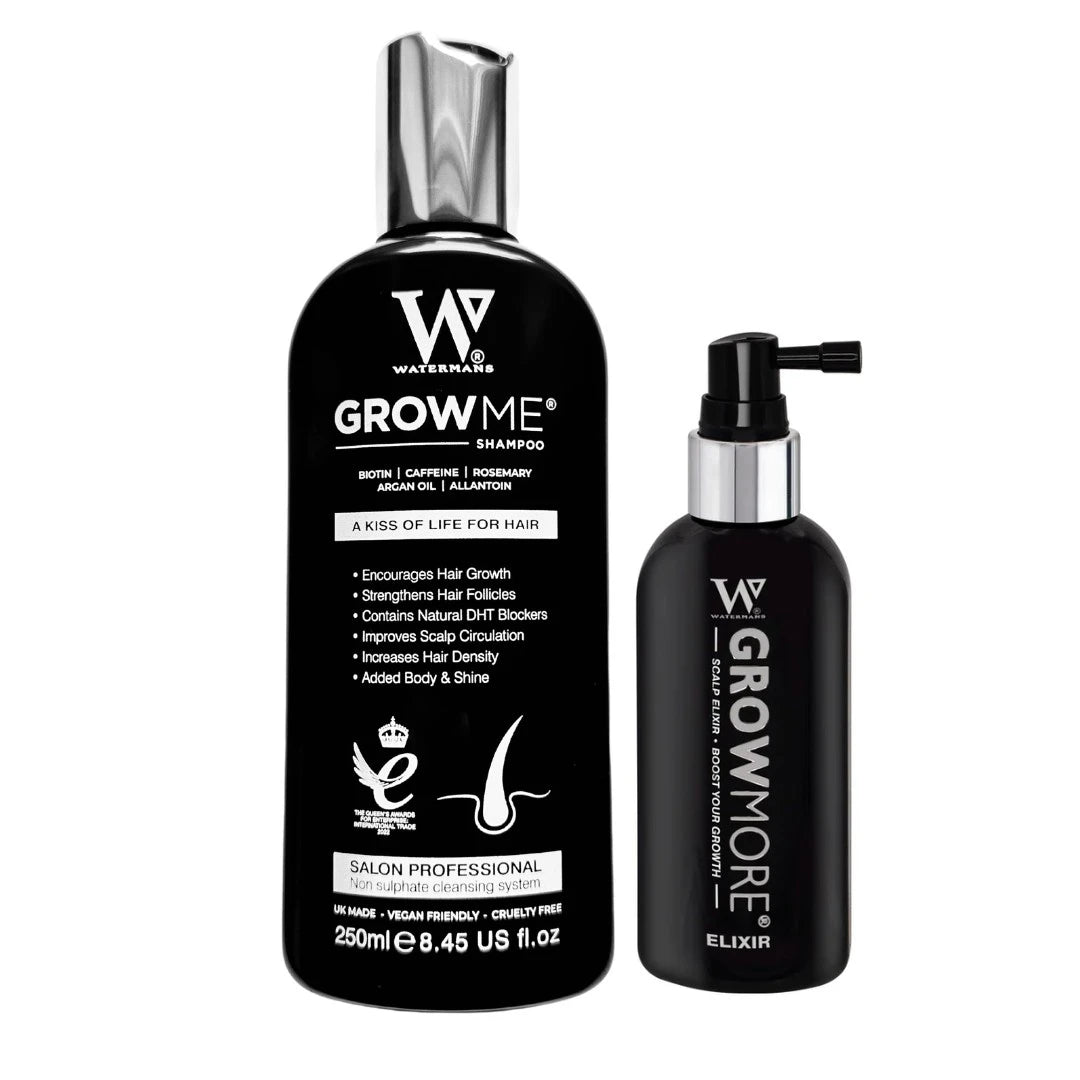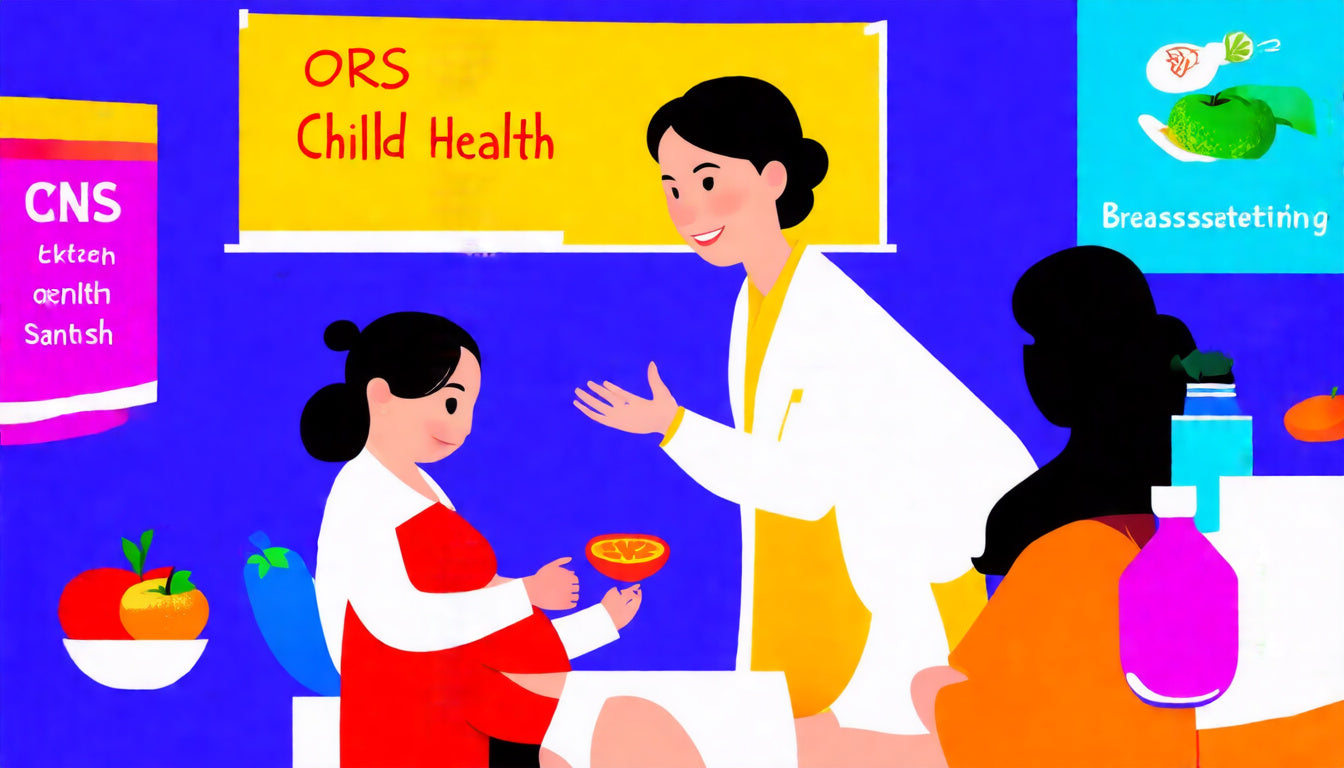
Nourishing the Future: Insights from Dr. Sivaranjani Santosh on ORS, Breastfeeding, and Building Healthy Eating Habits in Children
Ensuring the health and well-being of children starts with foundational practices such as proper hydration, breastfeeding, and establishing nutritious eating habits early in life. Dr. Sivaranjani Santosh offers critical insights into these topics, particularly highlighting the importance of using ORS (Oral Rehydration Salts) correctly, embracing breastfeeding, and cautious evaluation of formula milk and packaged drinks for infants.
What is ORS and Why Avoid Packaged Alternatives?
Oral Rehydration Salts (ORS) is a simple, cost-effective, and life-saving solution recommended only by the World Health Organization (WHO) for treating dehydration caused by diarrhea and other illnesses. Dr. Sivaranjani stresses that pharmacy shelves should exclusively offer ORS as the rehydration drink — no other sugary or flavored drinks should be sold or used as substitutes.
Key Reasons to Avoid Packaged ORS Alternatives:
- Many milk mixes and gummy supplements marketed for children contain harmful additives.
- These alternatives may have long-term negative effects on a child’s health.
- Non-ORS drinks do not provide the precise balance of electrolytes required to prevent dehydration.
For safe rehydration in children, always opt for the WHO-recommended ORS formulations, eschewing commercial, unregulated processed options.
Understanding Formula Milk: The Hidden Concerns
Formula milk often appears as a convenient alternative for breastfeeding mothers but Dr. Sivaranjani warns that it can be a "trap." The digestion of formula milk differs significantly from breast milk, sometimes causing babies to feel hungry faster and leading to early overfeeding or nutritional imbalance.
What to Look For in Formula Milk?
- Avoid products with preservatives, excess sugars, or artificial additives.
- Be wary of claims that formula milk is equivalent or superior to breast milk.
Breastfed babies typically digest milk easily, and the natural composition of breast milk provides more than just nutrition — it supports immunity and long-term brain development.
The Critical Role of Breastfeeding
Breastfeeding remains the gold standard in infant nutrition. Despite common misconceptions, such as the idea that mothers with small breasts cannot breastfeed, Dr. Sivaranjani encourages all mothers to persevere with breastfeeding for their child's optimal growth.
Five Things Never to Give a Child:
Though not exhaustively listed here, Dr. Sivaranjani emphasizes avoiding:
- Sugary drinks disguised as hydration
- Unregulated commercial snacks or gummies
- Formula milks with artificial ingredients
- Inappropriate supplements or powders not recommended by health authorities
- Any product banned or flagged for safety concerns
The Link Between Vaccination, Autism Myths, and Nutrition
An important point touched upon by Dr. Sivaranjani is the misinformation surrounding vaccinations and autism. She stresses that milk and nutrition should not be conflated with debunked autism myths. Trusting scientifically backed nutrition and vaccination programs is necessary to ensure children’s holistic health.
Building Healthy Eating Habits in Children
Early childhood nutrition shapes lifelong eating behaviors. Proper management beginning with breastfeeding or safe alternatives, avoiding harmful commercial products, and using recommended medical solutions like ORS can prevent many health complications.
Dr. Sivaranjani’s insights remind caregivers and parents:
- Choose hydration and food solutions validated by health authorities.
- Encourage natural digestion and nutrient absorption.
- Avoid quick fixes or commercial products that can have lifelong negative effects.
For those looking for effective, safe hair and scalp care products that promote overall wellness, explore trusted natural options at Watermans Hair. Strong hair often reflects good nutrition and health, a holistic link worth nurturing for your entire family.
Summary
- Use only WHO-approved ORS for dehydration, avoid packaged, sugary alternatives.
- Breastfeeding is the best nutrition for infants; formula milk should be carefully scrutinized.
- Dispel myths linking milk or vaccines with autism; rely on facts and science.
- Never give children unregulated drinks, harmful snacks, or banned products.
- Build lifelong healthy eating habits through informed choices from the start.
By adopting these recommendations, parents can provide their children with a strong foundation for health, growth, and development.













